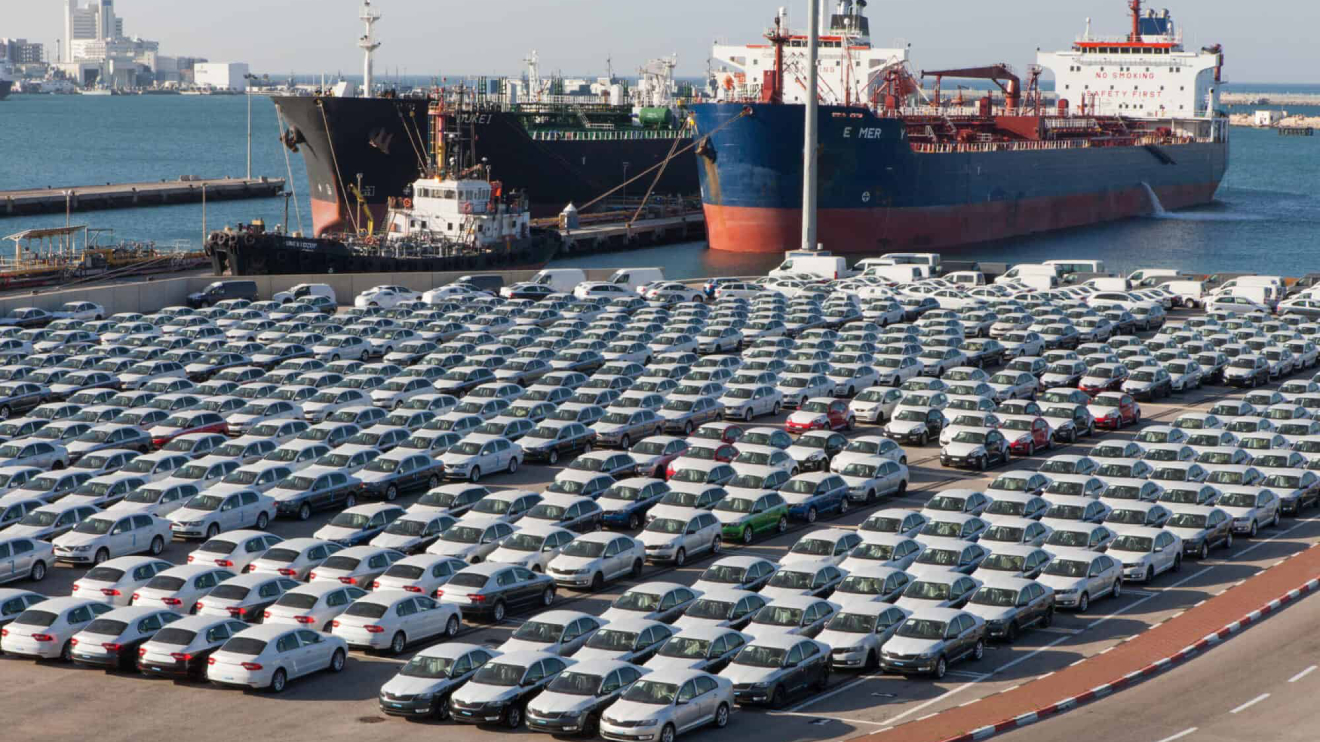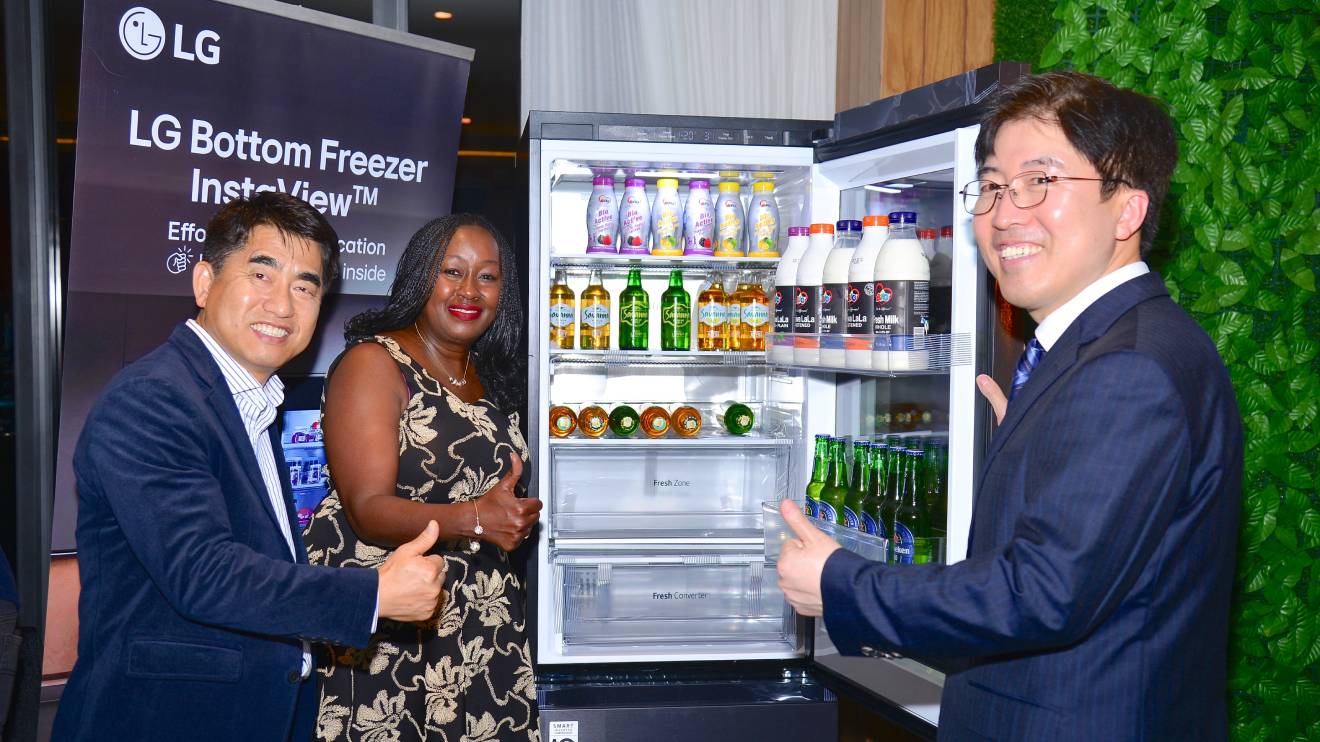The Car Importers Association of Kenya has raised strong objections to the recent decision by the East African Community (EAC) to increase the import duty on motor vehicles to 35 per cent.
According to the association, the new rates were implemented without any public participation, which they assert is a violation of the Constitution.
Speaking on behalf of the Car Importers Association of Kenya, Chairman Peter Otieno expressed their discontent with the lack of consultation before the implementation of the 35 per cent import duty on Kenyan car buyers.
He emphasized that it was against the principles of the Constitution, which advocates for public participation in matters affecting the citizens of the country.
“What we mean to say is that no public participation was conducted, and we cannot accept these amendments whether they have been done through Kenya or East African Community,” Otieno asserted in a letter addressed to the Kenya Revenue Authority (KRA).
Read More
The implications of the new import tax are expected to be significant, affecting the pricing of vehicles in the market.
Vehicle importers are now required to adjust their sale prices accordingly, leading to an increase of approximately Sh50,000 to Sh100,000 for small car models, and more than Sh500,000 for fuel-guzzling vehicles, as they factor in the additional tax.
“We believe that the Constitution is supreme, and public participation was necessary as the Constitution dictates that anything affecting the livelihood of others should involve key stakeholders,” Otieno further stated.
The sudden increase in import duty came into effect on July 1, following the approval of Kenya's application by the EAC Council of Ministers. The move has sparked dissent among car importers who were caught off guard by the decision.
The lack of prior consultation has been a point of contention, raising concerns over the process through which such crucial decisions are made.
Notably, the EAC deal not only approved the request to raise import duty on vehicles but also allowed Kenya to maintain elevated taxes on household gadgets such as mobile phones and television sets for an additional year.
This decision was made in support of the William Ruto administration's efforts to generate an additional revenue of Sh211 billion during the current financial year.
As the controversy unfolds, stakeholders are urging the Kenyan government and the EAC to reconsider the implementation of the increased import duty on vehicles, emphasizing the importance of adhering to constitutional principles that prioritize public participation in such matters.
With the automotive industry being a significant contributor to the country's economy, the stakeholders are keen on finding a resolution that balances fiscal objectives with the interests of all parties involved.


-1756474472.jpg)



-1753733469.jpeg)


